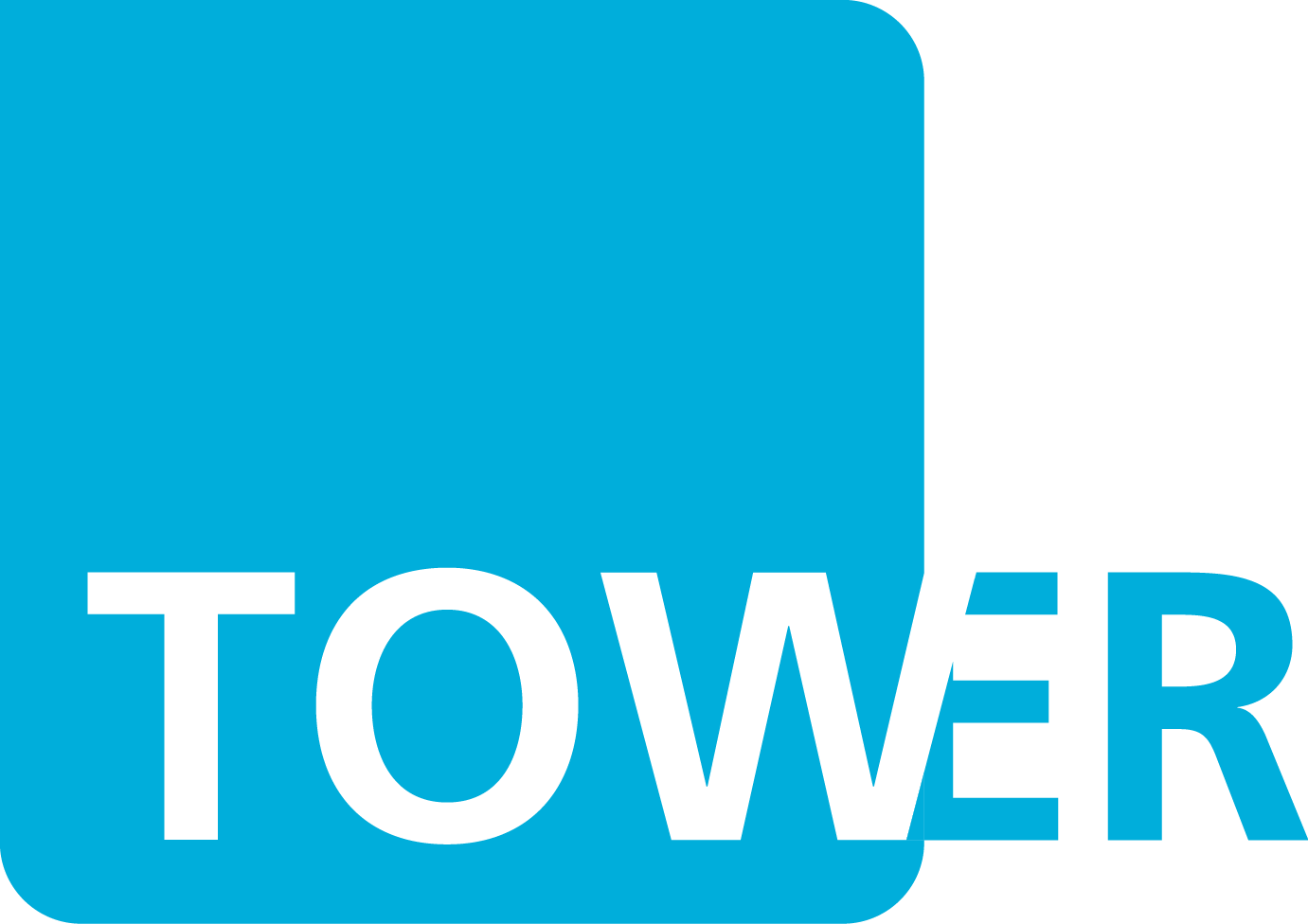The sales period for the Tower Consumer Survey has come to a close, and now we’re deep in planning mode – finalising questions and readying our team of field workers to make 500+ telephone calls.
Over the past few months, we’ve had really interesting discussions with Cayman businesses about the importance of market research. For some, taking part in this year’s survey is their first crack at market research; for others, it’s old hat. But what all of our Survey clients have in common is their knowledge that market research is vital to the success of their business. Afterall, it’s not called ‘intelligence’ for nothing. BOOM! ;-)
Market research helps take the guess work out of business decisions. Decisions can be made with confidence, and risk can be minimised. It opens the lines of communication with your customers – are they satisfied, and if not, why not? It will help you identify opportunities – giving you the information you need to ensure you are adapting and evolving your business, brand, or product to meet your customers’ needs. You can spot or anticipate market trends or changes. And without creating a benchmark, you can’t measure your progress – market research can provide one.
So knowing ‘why’ market research is important then leads us to the next question – what is the best way to use it? There are many reasons, but here are three key ones.
Market research is a great way to define your target market and better understand them. It can help find the best market for a new product or service or help reveal the behaviour drivers and attitudes of existing customers.
Another great use for market research is to test product ideas, key messaging, advertising concepts, or brand positioning. We have undertaken many focus groups for clients for this reason, and the results have always given our clients access to information to develop a clear, focused strategy followed by a successful execution.
Finally, understanding your competition is a crucial part of maintaining and holding market leadership. As Sun Tzu wrote “If you know your enemy and yourself, you will win every battle.” Monitoring your industry and competitors will help you identify opportunities, notice where your competitors are targeting and what gaps they may be leaving, help set your prices competitively, or assess any threats posed by new entrants. You can use this knowledge to then create marketing strategies that take advantage of your competitors’ weaknesses and improve your own business performance.
There are many different types of market research at different budget levels. As long as you know what you are trying to find out – and why. Online tools such as Survey Monkey can be useful and you can participate in an omnibus study such as Tower’s Consumer Survey, focus groups, or mystery shopping. You can even conduct market research in the day-to-day running of your business – talk to your customers, ask, “What other services could we provide to meet your needs?” or “Would longer opening hours be of interest to you?”
The case for placing market research at the top of your to-do list and finding a budget for it is clear. It’s not just something could be useful – it is essential to the long-term success of your business.





